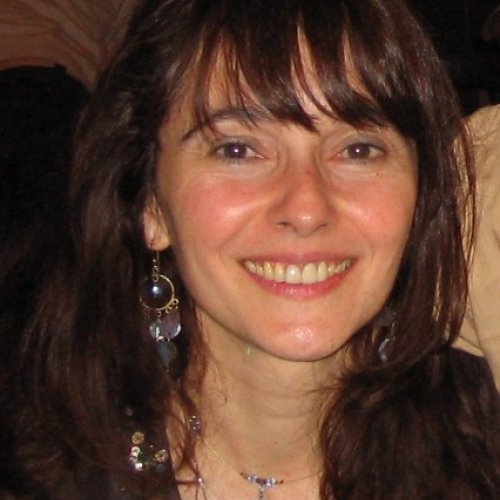
Professor Maria-Gloria Basáñez
BIOGRAPHY
Maria-Gloria Basáñez is a Professor of Neglected Tropical Diseases at Imperial College London. Maria-Gloria did her MSc in Medical Entomology and Applied Parasitology at the Liverpool School of Tropical Medicine with Sandy Trees and her PhD in Mathematical Epidemiology at Imperial College London with Roy Anderson. Her teaching and research at the Department of Infectious Disease Epidemiology (School of Public Health) of Imperial College has focused on the population biology and transmission dynamics of neglected tropical diseases (NTDs) and vector-borne infections. She has published on trachoma, intestinal nematode infections, malaria, Chagas disease, schistosomiasis and filarial parasites.
Under the umbrella of the NTD Modelling Consortium and the London Centre for Neglected Tropical Disease Research, her research group is currently developing, refining and comparing mathematical models of River Blindness to support ongoing control and elimination efforts. Maria-Gloria has served in the Mectizan Expert Committee of the Mectizan Donation Programme, the Programme Coordinating Committee of the Onchocerciasis Elimination Programme for the Americas, the Disease Reference Group on Human Helminthiases of the World Health Organization/TDR, and the Global Burden of Disease 2010 Study. She is the current President of the British Society for Parasitology. She has published more than 150 papers ranging from entomological and parasitological studies to dynamic and statistical modelling of tropical diseases and has been a member of the Editorial/Advisory Board of Parasitology, International Journal for Parasitology, Trends in Parasitology, Advances in Parasitology and Parasites & Vectors.
Together with Roy Anderson, Maria-Gloria has edited two volumes on “Mathematical Models for Neglected Tropical Diseases: Essential Tools for Control and Elimination, Parts A and B”, published by Advances in Parasitology, respectively in 2015 and 2016 (see reviews here).
